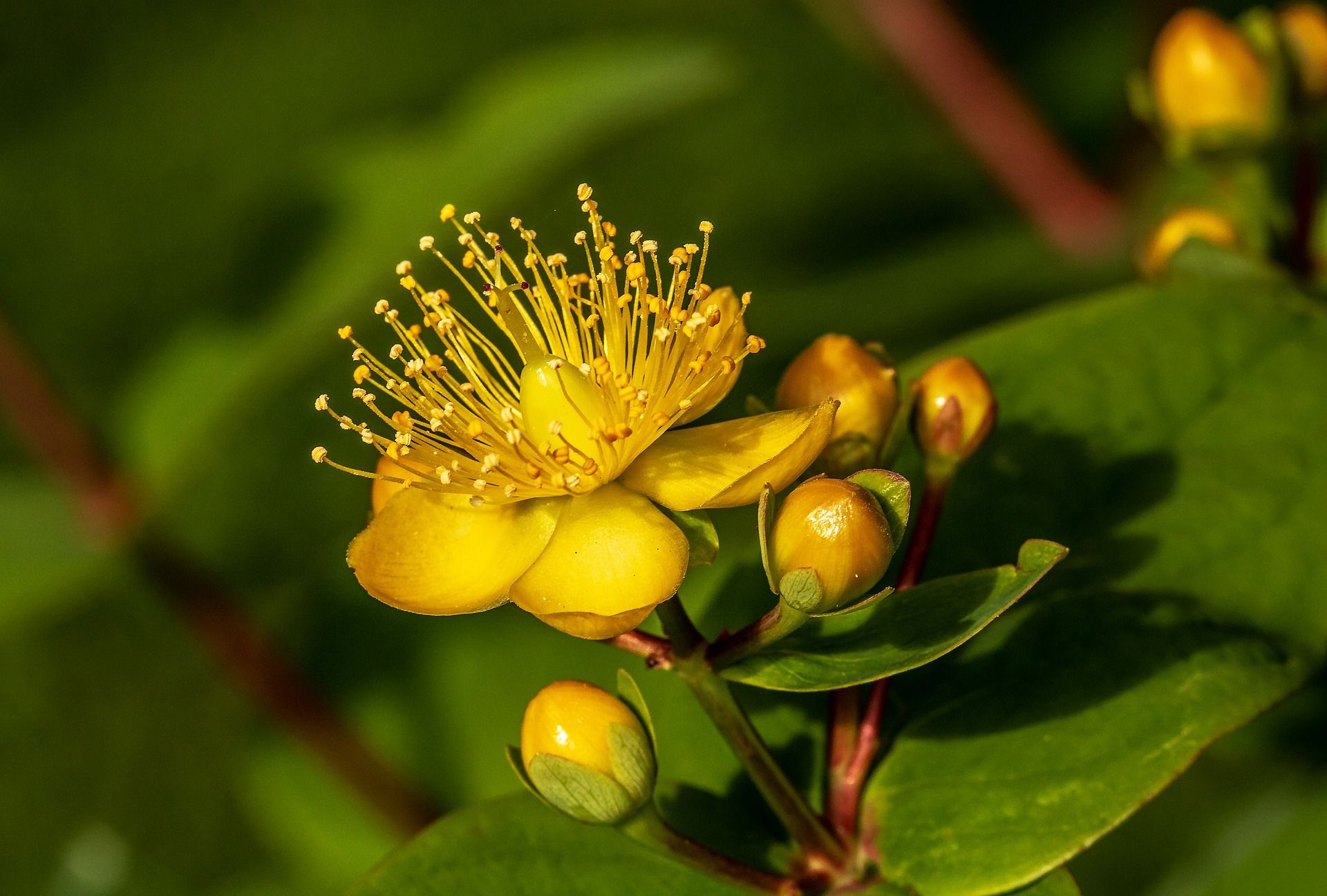A concoction for every complaint
Tea is the most widely consumed drink in the world, after water. For most people their day doesn't start without a piping hot cup of chai. Here are a few herbal concotions to try that could be the answer to every complaint you might have.
Tea is the most widely consumed drink in the world, after water. For most people their day doesn't start without a piping hot cup of chai.
Tea is not just a beverage, but an emotion and a whole culture. But what if, it could also help you heal?
Health enthusiasts around the world proclaim the benefits of green tea. But the world of healing herbal teas is not restricted to just that.
Here are a few herbal concotions to try that could be the answer to every complaint you might have.
Chamomile tea
Chamomile tea is made from dried chamomile flowers. They are daisy-like flowers belonging to the asteracea family.
The potential benefits of this beverage are still being explored by reasearchers. It shows promising results in improving digestion, reducing the risk of certain types of cancer, lowering blood sugar levels and lowering blood pressure. It is also being explored as a supplement for reducing the severity of anxiety and depression.
But the best known benefit of chamomile tea is its effectiveness in treating insomnia. Insomnia means that you could have difficulty in falling asleep or difficulty staying asleep at night.
A 2019 review study concluded that chamomile appears to be safe and effective in improving sleep quality. Another study reported that just two-weeks of chamomile tea consumption led to better sleep quality and lower physical symptoms related to sleep insufficiency.
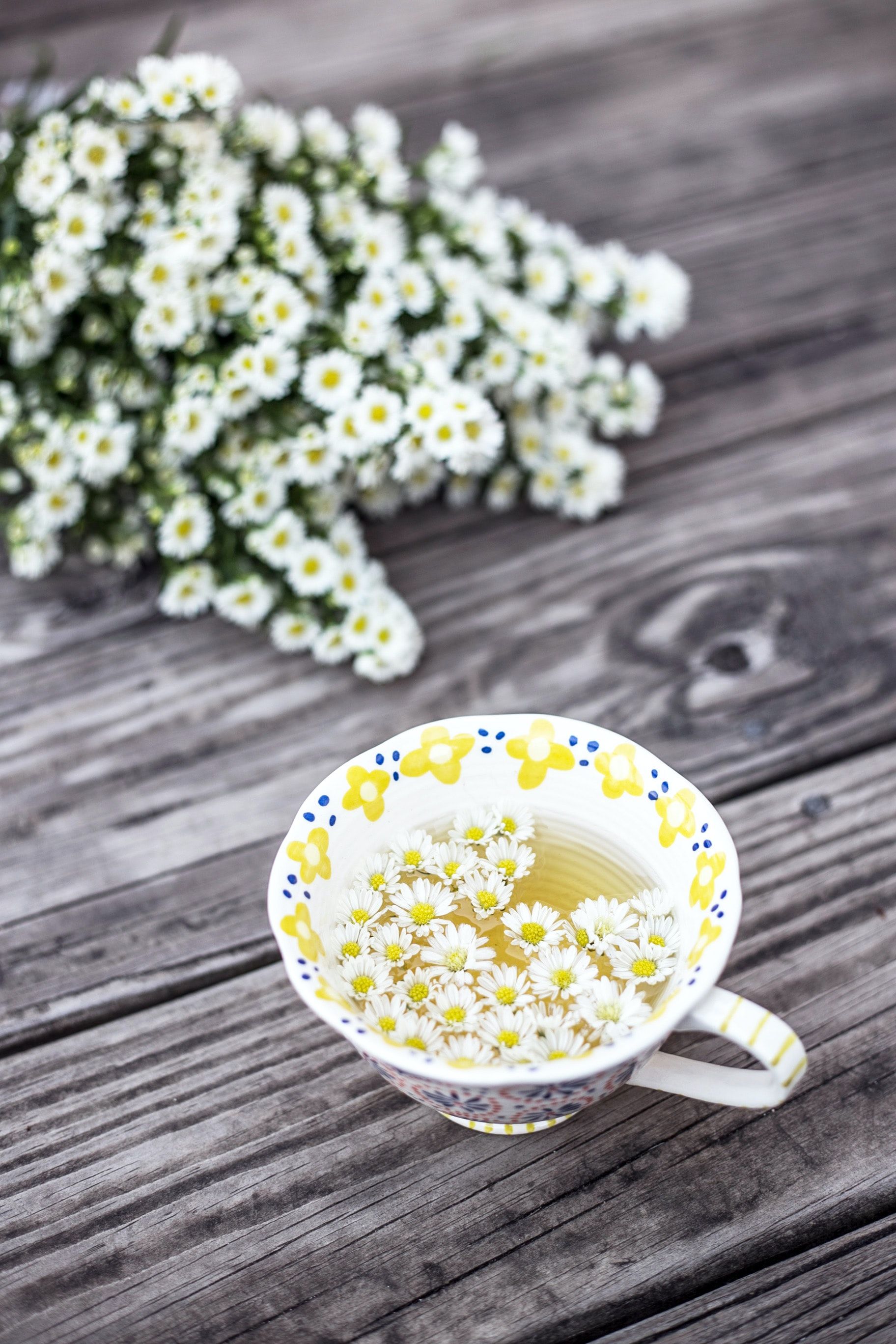
Valerian Root Tea
This tea is brewed from steeping the underground stems and roots of the valerian plant. Valeriana has been used as a herbal remedy ever since the ancient Greek and Roman times. The plant is native to Europe and Asia.
Drinking a glass of valerian tea can reduce the time it takes to fall asleep. It also improves sleep quality and works best when consumed 1-2 hours before bedtime.
Studies have shown that the valerian root tea acts by binding to the GABA receptors. These receptors are also the same way by which sedative medications work.
However precaution must be taken to ensure that valerian tea is not taken along with alcohol and sedative drugs, as this might cause excessive drowsiness.
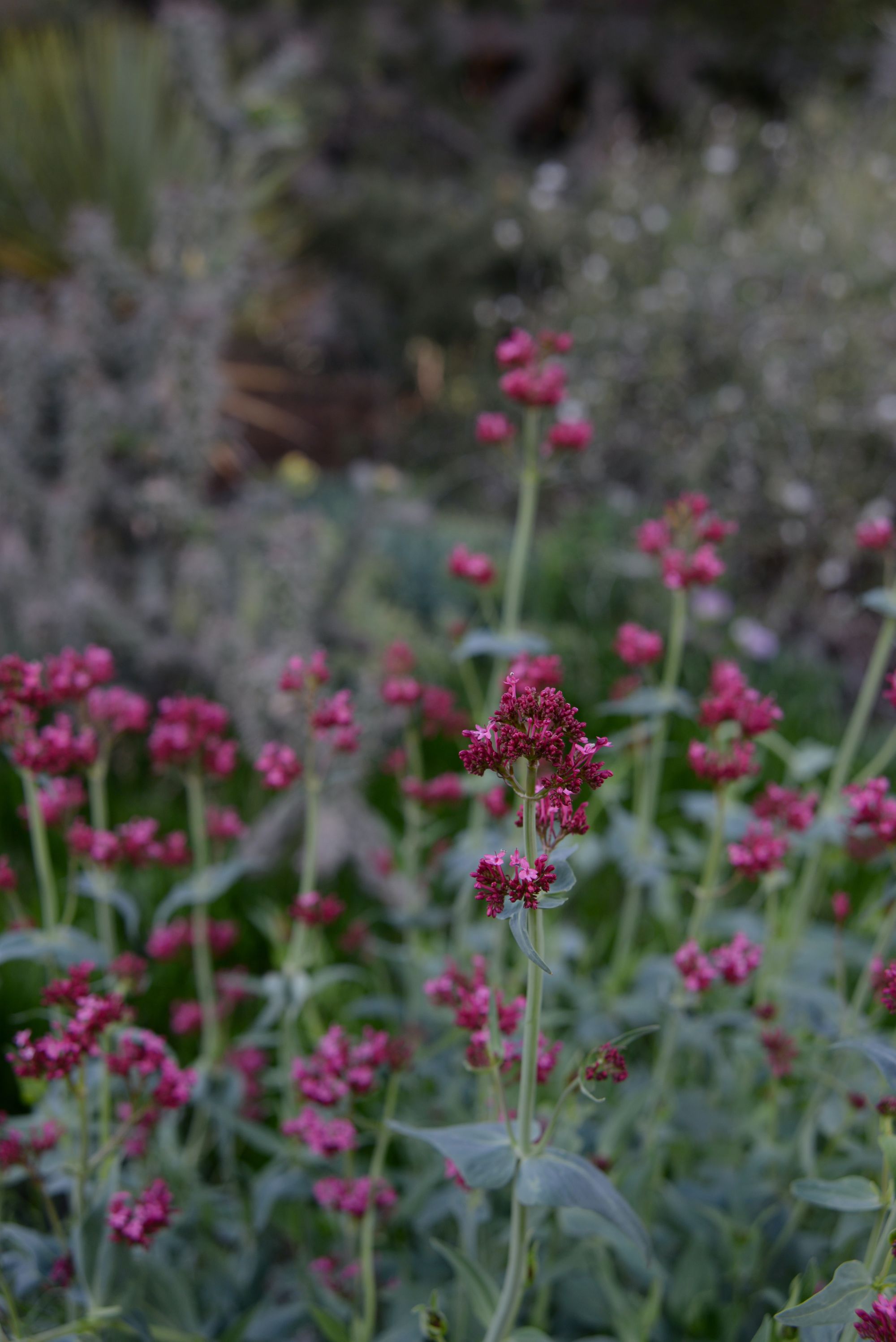
Spearmint tea
The spearmint plant belongs to the mint family. It originates in Europe and Asia, and can also naturally grow in parts of North America and Africa.
In recent times, spearmint has been in the limelight as a potential treatment for PCOS. Polycystic Ovarian Syndrome is a common problem in adolescent and young adult women.
Women with PCOS generally have a higher level of male hormones called androgens. This results in the male-pattern hair growth in women like beard, moustache and thick hair on arms, legs and chest. This can be a huge cosmetic and psychological problem.
A study in Turkey showed that women who consumed spearmint tea twice a day for one month had significantly lower levels of androgens. There was also significantly less hair growth. Another study reported similar results, but also found that there was an increase in the levels of female hormones like estrogen, follicular stimulating hormone and leutinising hormone.
Not only is spearmint tea an effective and safe natural treatment for PCOS, it is also known to improve memory and cognition.
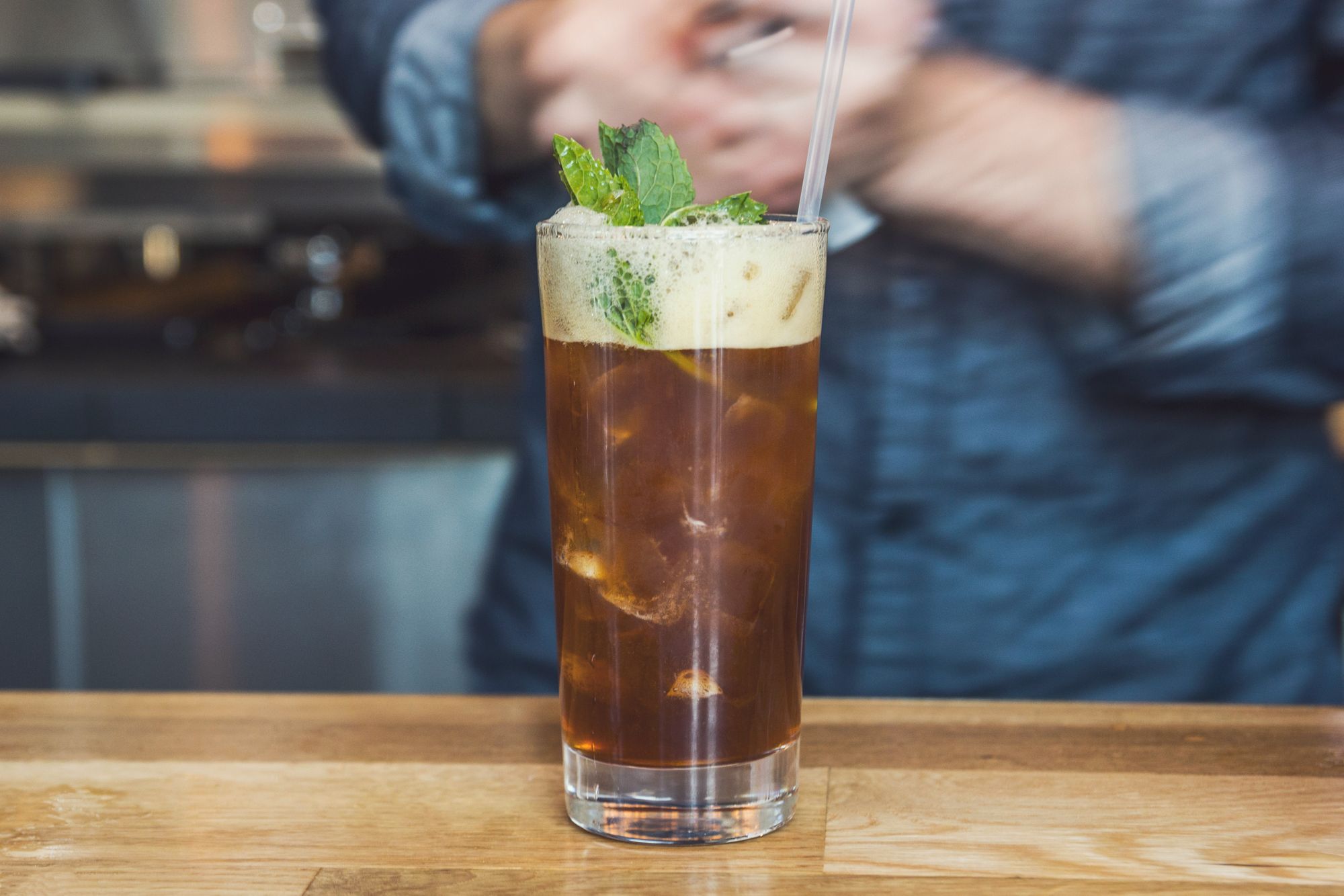
Mulberry leaf tea
The Mulberry tree is native to central and eastern China. It is most widely known as the exclusive food of silkworms. Mulberry fruits or berries are also enjoyed for their balanced sweetness and sourness. However, many of us are unaware that its leaves can be of use too.
White mulberry leaf tea is known to have a potent anti-diabetic effect, among a host of other health benefits. The white mulberry tree's leaves contain a compoond called 1-deoxynojirimycin (DNJ), which inhibits the absorption of carbohydrates from the gut. It also promotes the growth of good gut bacteria, thereby maintaining digestive health.
Mulberry was also found to improve liver and kidney injury that occurs in advanced diabetes, by acting on insulin receptors. It also reduced the insulin resistence in skeletal muscles.
Not only does it help reduce blood sugar levels, it also affects the lipid metabolism. This helps in weight reduction thereby reducing the risk of obesity, which generally co-exists with diabetes.
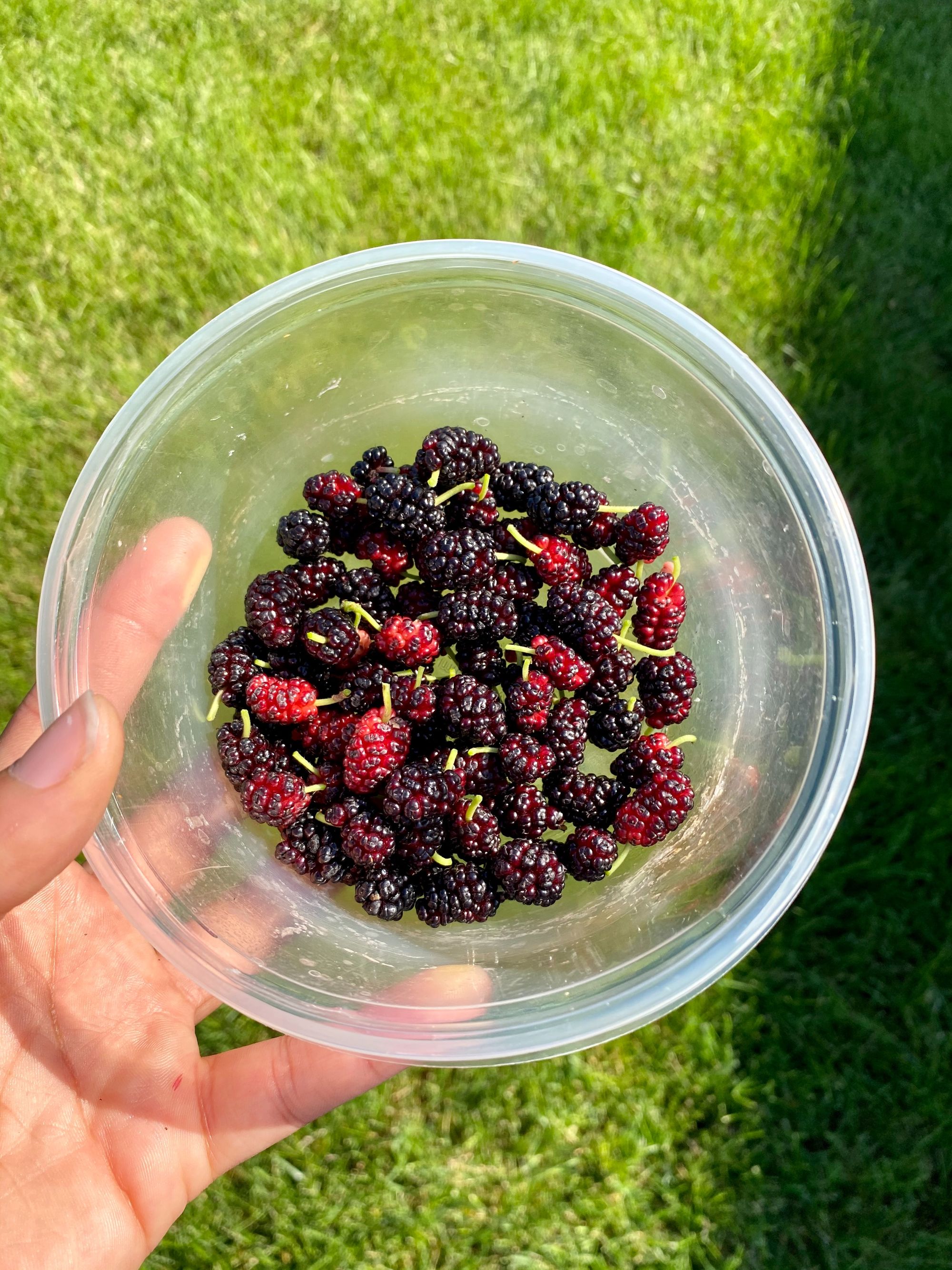
Hibiscus tea
Hibiscus is a flowering plant of the Malvacea family which grows best in tropical and sub-tropical climates. Apart from the flowers being used as a remedy for good hair growth, hibiscus tea has health benefits too.
Consumption of hibiscus tea for just 2-6 weeks showed a reduction in blood pressure in people with hypertension.
It is also rich in polyphenols, which are known for their anti-cancer effects.
However, take caution while consuming this tea with pain killers. Hibiscus tea may cause the body to remove acetamenophen (pain killer drug) quicker if consumed together.
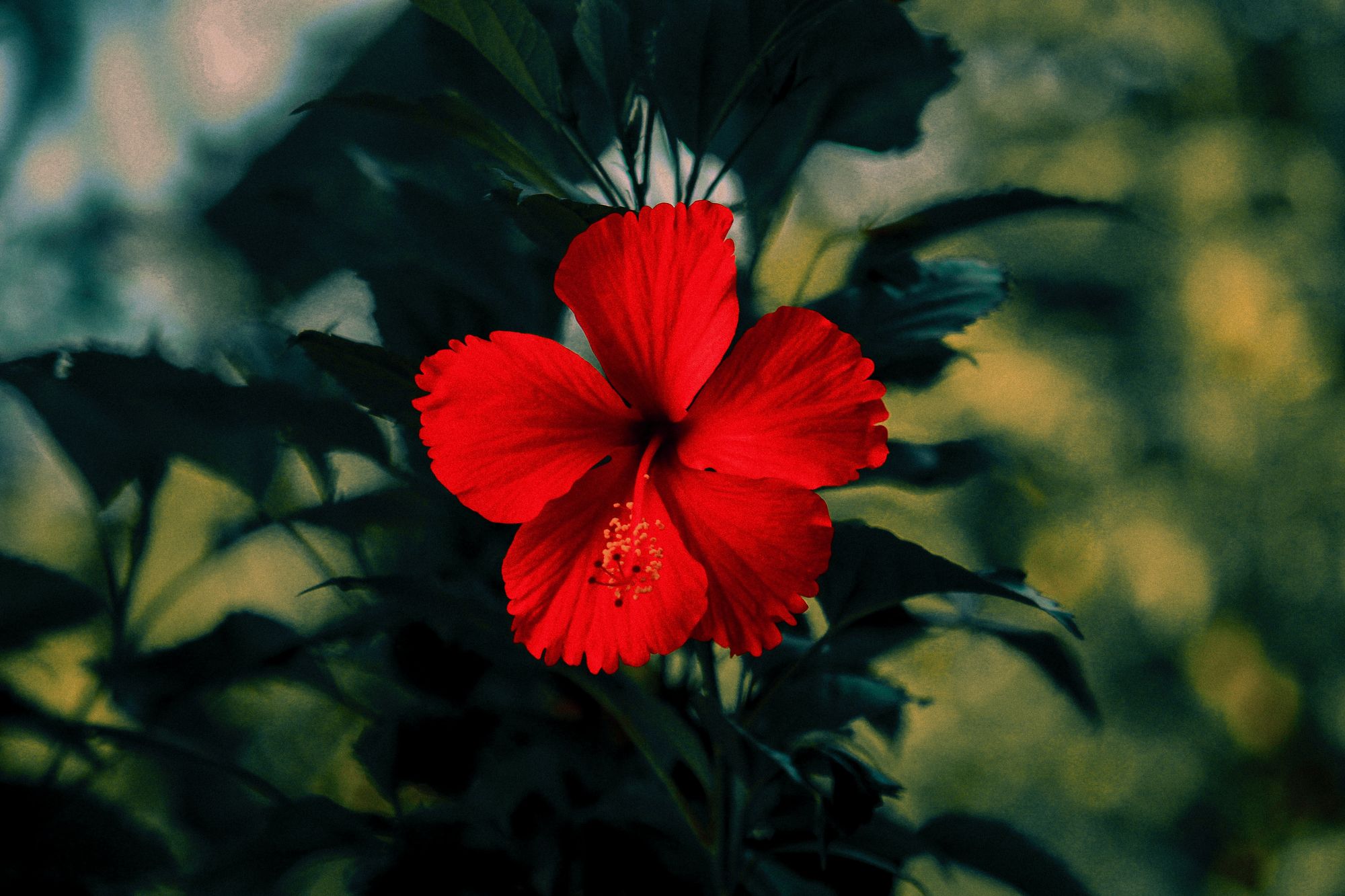
St. John's Wort tea
St John’s wort or Hypericum perforatum is perineal herbaceous plant. A number studies concur with the fact that St John’s wort is safe, well-tolerated and does have significant anti-depressant effect.
Hypericin is identified as being the primary component of the plant responsible for the herb’s anti-depressant activity.
It fights depression by acting similar to a class of anti-depressant drugs called MAO-inhibitors. The active components bind to certain receptors in the brain and reduce the action of the enzyme mono-amine oxidase which is responsible for removing norepinephrine, serotonin and dopamine. This increases the availability of these neurotransmitters or brain chemicals.
The primary advantage of St John’s wort tea over MAO-inhibitors is that its use is not associated with the same dietary restrictions because its actions aren’t as potent as the drug. But the herb can only be effective in treatment of mild to moderate depression.
Side effects like nausea, allergic rash, fatigue, restlessness, and photosensitivity have been reported although these seem to be very rare. Studies have shown that the percentage of people who discontinued use due to adverse effects is as low as 1.1%.
Read more about other anti-deprassant foods.
